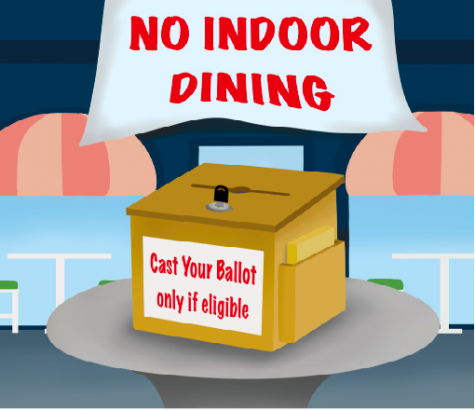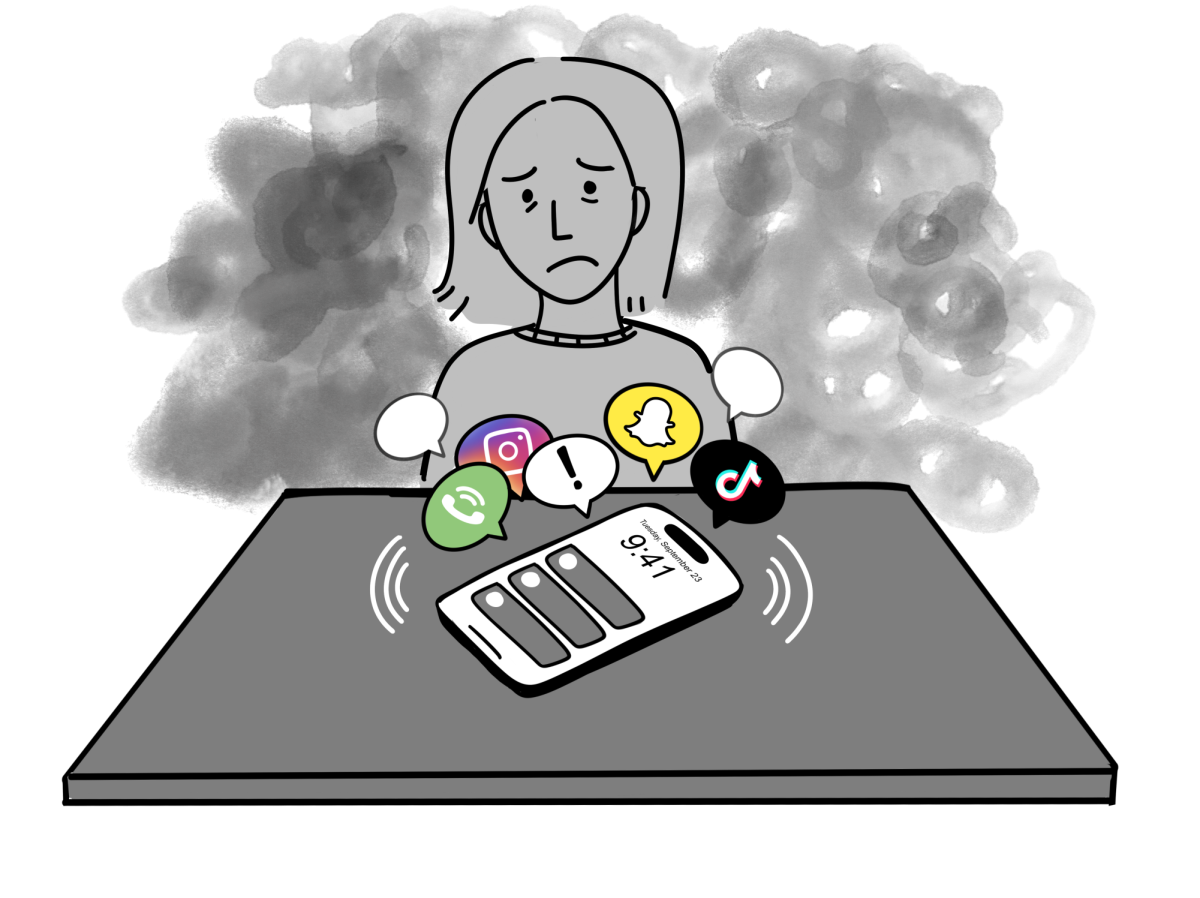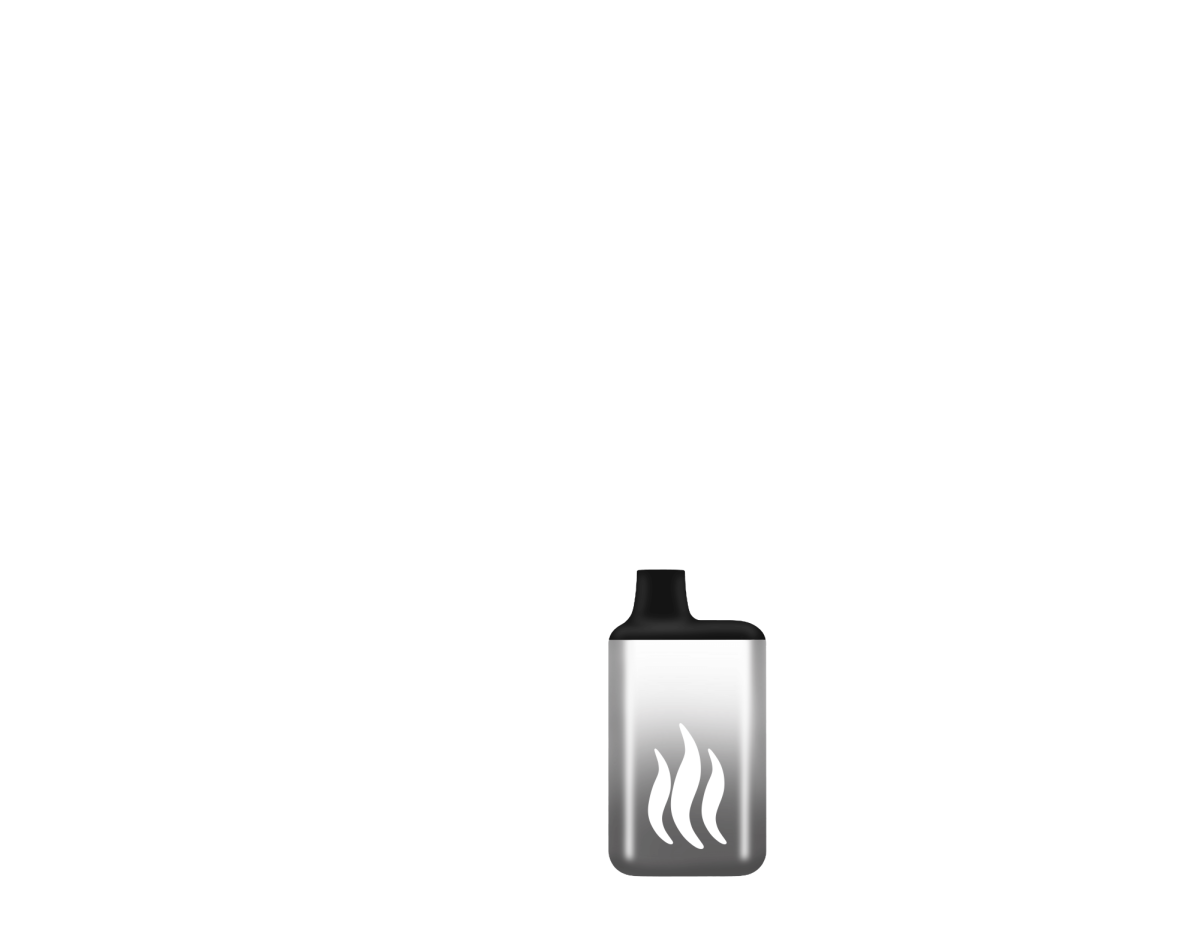
The United States prides itself on being the first republic. In theory, this would mean every eligible citizen (those who are eighteen years or older) would have the opportunity to vote for representatives in the government. However, not every American has had the ability to vote. Ever since its founding, the US has been afflicted by an epidemic: voter suppression. Voter suppression refers to deliberate attempts to prevent people from registering to vote or voting. These attempts often hurt Black, Brown, and Indigenous people the most, stripping away their basic rights as American citizens. They directly undermine the idea of representative democracy the nation was founded upon. If people of color don’t have the ability to vote, they cannot elect officials who work on their behalf. Their needs are completely disregarded, and they continue to suffer. If the US wants to continue calling itself a republic, it must find a cure for this disease of underrepresentation.
I believe much of the reason this issue has yet to be addressed is due to the common belief that voter suppression ended after the Fifteenth Amendment was passed. In reality, the fight for voting equality has continued for centuries. Right after the Fifteenth amendment was passed, Southern legislatures created property taxes and literacy tests designed to keep Black voters from the polls. These tactics were designed to dramatically impact Black voter registration and sadly, they worked. In states like Mississippi, registered Black voters dropped from ninety percent to just six percent of the eligible population. In protests like the Selma to Montgomery march, activists shed blood just so that people of color had the right to use their voice, something that should have already been enforced as it is written in the Constitution. One would think after these protests that the American people would have come to their senses. After all, isn’t the US supposed to “establish Justice?” Is establishing justice denying Americans the right to their voices in their government? Unfortunately, the judiciary thinks so. In fact, as recently as 2013, the Supreme Court amended the Voting Rights Act, an act designed to protect the rights of minority voters, and allowed nine states and several counties to change their elections laws without any federal approval. This ushered in a new era of voter suppression, with states implementing voter ID laws, greatly limiting voting registration windows, and gerrymandering (redrawing state districts to benefit one political party). These laws often disproportionately affect minorities and people with a lower income. Though it’s hard to say exactly how many voters have been deterred due to these tight restrictions, one study in Wisconsin found that 300,000 voters were impacted by the state’s strict photo ID laws. In addition, voter turnout in Milwaukee, where seventy percent of the state’s Black population lives, decreased by thirteen percent. How can America call itself a representative democracy when it keeps people from representing themselves?
In 2020, we saw even further instances of voter suppression. In Georgia, people were forced to wait in long lines, sometimes for up to eight hours, to cast their ballots. A joint research effort by ProPublica and Georgia Public Broadcasting found that these lines affected “predominantly Black neighborhoods like Union City, just south of Atlanta”. These policies extended to mail-in ballots as well. In the Navajo Nation, the average Native American is 38 miles away from the closest operating Post Office. This means that the ethnic group with the highest risk for contracting severe cases of COVID-19 didn’t have access to safe methods of voting this election. Though these may not seem like deliberate attempts to suppress votes, in reality, it is. A nation that is complacent is just as guilty. No person in the US should have to choose risking their life or participating in their democracy. These attempts to suppress people of color must be addressed in our political system. For those who can vote, finding a permanent cure for voter suppression falls on you. When voting for your senators, see if they support the Voting Rights Advancement Act. This bill fights to establish “new criteria for determining which states and political subdivisions must obtain preclearance before changes to voting practices.” For those who can’t vote, make sure you call your current senators and inform them you are interested in passing this bill. After, make sure you inform your friends and family about voting requirements in the state and ensure they obtain the correct documents. No eligible voice in a republic should be suppressed, especially on the basis of race.





